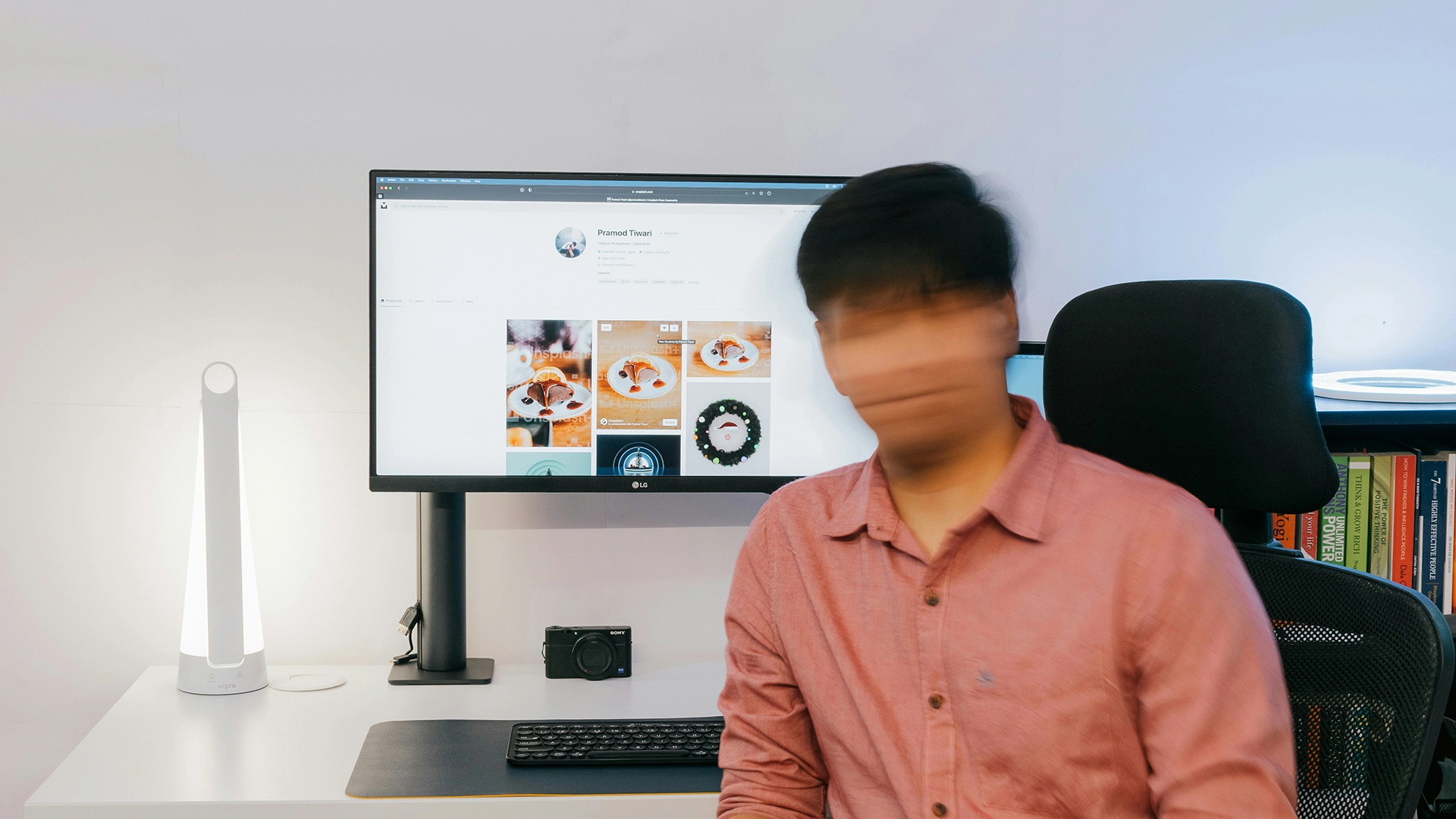
Image by Pramod Tiwari, from Unsplash
AI Use Surges in Workplaces, So Do Privacy Risks
A new international study reveals widespread AI use in workplaces, with nearly half of employees misusing tools like ChatGPT, often risking data exposure.
In a rush? Here are the quick facts:
- 58% of global workers use AI regularly at their jobs.
- 48% uploaded sensitive company data into public AI tools.
- 66% rely on AI output without checking its accuracy
A new study, reported by The Conversation, has revealed that while most workers are embracing AI tools like ChatGPT to improve performance, many are also using them in risky ways, often without their employers’ knowledge.
The research conducted by Melbourne Business School together with KPMG support gathered data from 32,000 workers spread across 47 countries. The survey revealed that 58% of employees use AI tools in their work activities and most workers reported improved efficiency and innovation and better work quality.
However, 47% admitted to misusing AI, including uploading sensitive data to public tools or bypassing company rules. Even more (63%) have witnessed colleagues doing the same, as reported by The Conversation.
More concerning is how widespread “shadow AI” has become, when employees use AI tools secretly or present its output as their own. Sixty-one percent said they don’t disclose when they use AI, while 55% have passed off AI-generated content as personal work.
This secrecy may not be surprising given the growing pressure workers face to appear indispensable in an AI-dominated labor market. At companies like Shopify, AI adoption is not only encouraged, it’s mandated. CEO Tobi Lütke recently told employees that before requesting additional staff or resources, they must prove AI can’t do the job first.
He emphasized that effective AI usage is now a fundamental expectation, and that performance reviews will assess how well employees integrate AI tools into their workflows. Workers who lean into automation, he noted, are accomplishing “100X the work.”
While this drive boosts productivity, it also fuels quiet competition. Admitting reliance on generative AI could be perceived as making one’s role replaceable.
This concern is echoed globally: a recent UNCTAD report warned that AI could affect up to 40% of jobs worldwide. It noted AI’s ability to perform cognitive tasks traditionally reserved for humans raising the spectre of job loss and economic inequality.
In such an environment, many workers may choose to hide their use of AI to retain a sense of control, creativity, or job security, even if it means violating transparency norms or workplace policies.
The Conversation reports that complacency is another issue in the reviewed study, where 66% of respondents say they have relied on AI output without evaluating it, leading to errors and, in some cases, serious consequences like privacy breaches or financial loss.
Researchers stressed the need for urgent reforms, since they noted that just 47% of workers have received any AI training.The authors call for stronger governance, mandatory training, and a work culture that supports transparency.
Yet, with 39% of current skills expected to require reskilling by 2030, some workers may stay silent. As automation transforms jobs, employees might hide AI use to avoid appearing replaceable.


 Previous Story
Previous Story

 Latest articles
Latest articles 